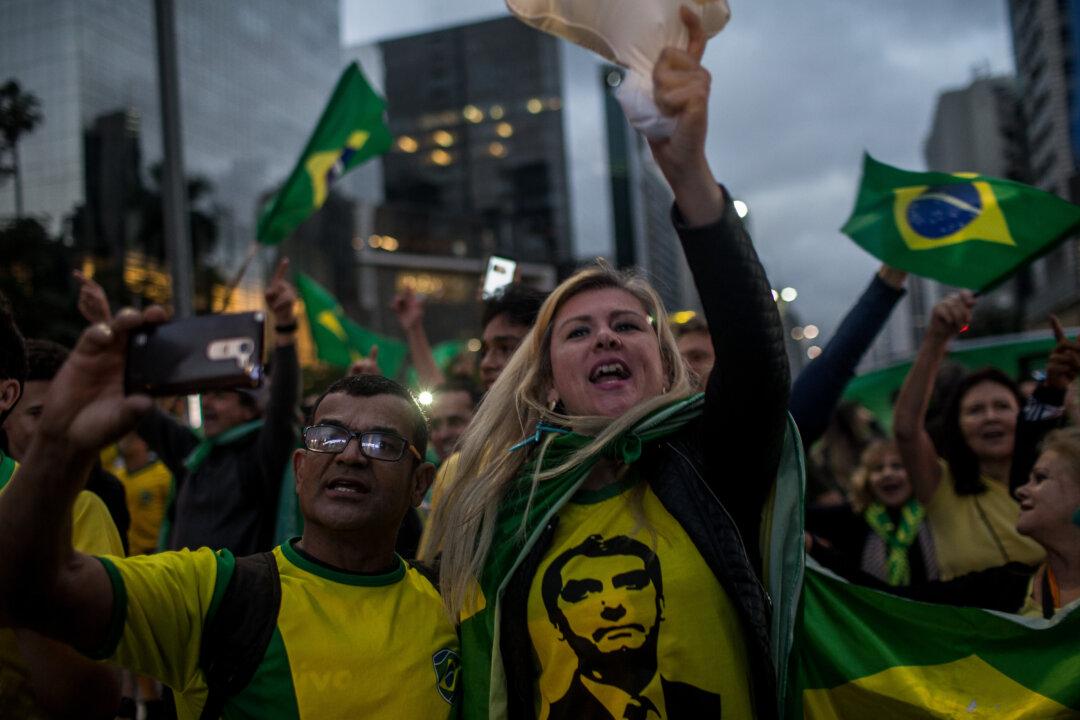Brazil’s president-elect Jair Bolsonaro has pledged to clean up politics, crack down on crime, and set a new direction for his country.
“We cannot continue flirting with socialism, communism, populism, and leftist extremism. ... We are going to change the destiny of Brazil,” Bolsonaro said in his acceptance address, adding that he will work to root out graft and stem a tide of violent crime. The conservative lawmaker said that he'll govern according to the Bible and the country’s constitution.





